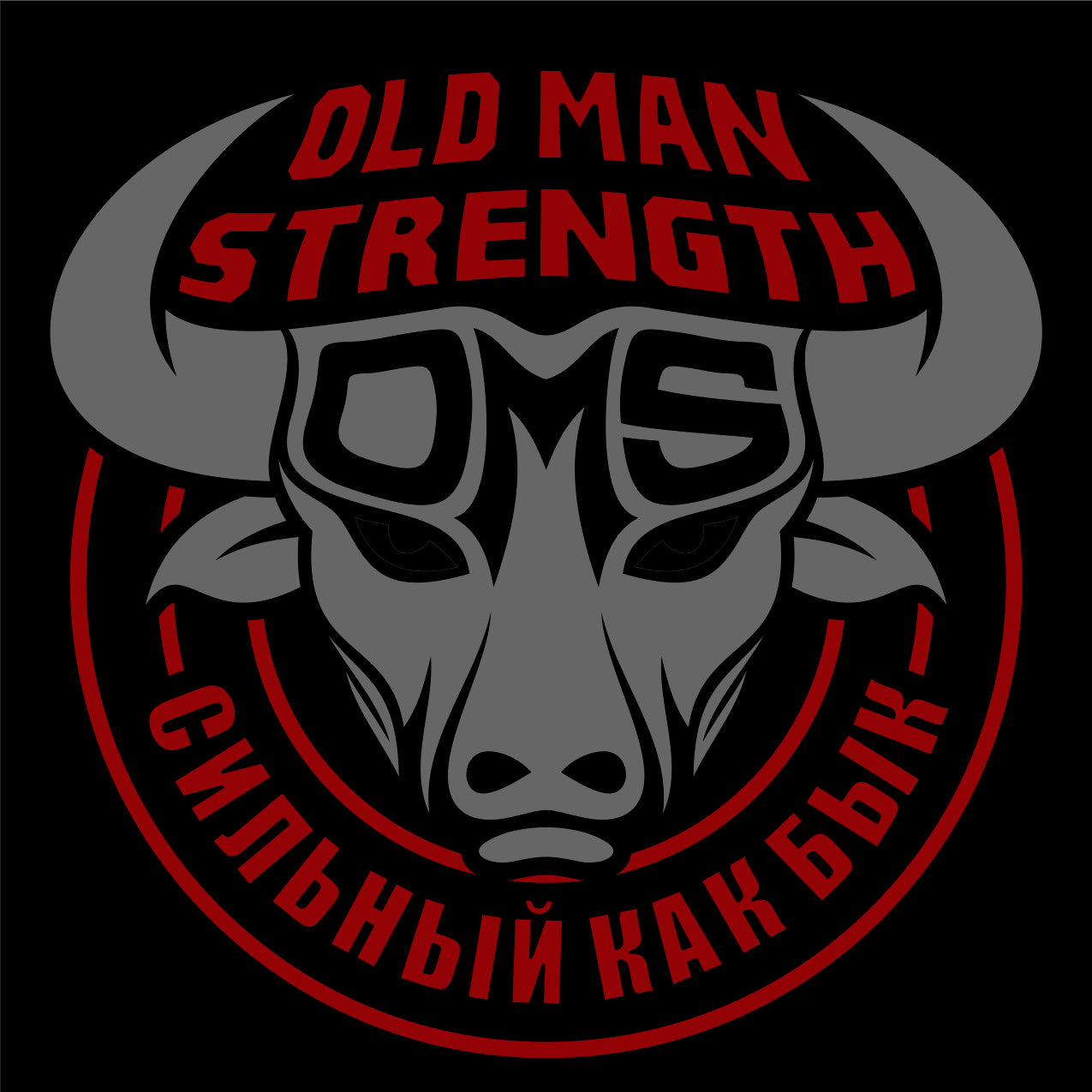
What Type of Ego Do You Have?
How good are you really?
As Covey said in the book “how to win friends and influence people”, there is no sweeter sound to a person than the sound of his or her own name, and never a truer phrase has been spoken. Human beings spend an inordinate amount of time examining, interrogating, revering, worshipping, creating and re-creating ourselves, and it is a way to get lost in the soundtrack of our own movie.
Everyone has an ego, and it’s not always unhealthy. Ego drives us, it sometimes keeps us going when we can’t lift our arms. It makes us judge ourselves and push ourselves. It asks us hard questions and it gives us tough answers. It can be our master, and it can be our servant. The simple question “who am I?” has driven many a man to greater heights. It gives us one more round, one more rep, one more mile, one more minute.
It can also be unhealthy, however; toxic and destructive. It can change our relationships, narrow our friendship base and imprison us. It can cause us to hate, grow contemptuous, and to judge. When it grows beyond the point of reality, and we start to impose our self on others, we need to stop, think, and understand.
Eastern philosophy can tell us a lot about ego and the concept of self. Buddhism tells us there is no self; we are merely a human form, transient feelings, a transient interpretation of events, and our five senses, drifting along moment to moment and creating in our own minds the linear continuity that we imagine is our true self. As an event unfolds, we use our senses to feel, taste or smell it, we examine it and we apply our memories an interpretations to it, and then we create a narrative that we call self, that truly doesn’t exist. What makes us happy today may make us sad tomorrow, what gives us pleasure today can cause us sadness tomorrow, and what we imagine ourselves to be can change in the blink of an eye. You can feel like a champion one moment when you win an award, and then be crushed by an insult from a loved one, even though nothing has truly changed. Self is relative, transient, and impermanent.
So how to balance it? How to get the most from ego but also keep it in check?
There is a story about ego. When things are tough, you can feel as if you are a boat being tossed around by the stormy ocean of your ego. Your feelings get hurt and you get angry, insulted, your ego is bruised and you lash out, madly trying to settle the score. But if you take another perspective, and imagine the opposite, the truth becomes clearer. You are the ocean, and your ego is the boat. It is moving with you. It is your servant, not your master. When we understand the true transient nature of self, when we understand that we alone cause our feelings of anger and sadness, ego takes its rightful place. Words like should, must and have to, place pressure on us to imagine how we should be, not how we are, and too much of that can destroy us.
As you train, lift, live, and love, watch your ego carefully. Do you find yourself asking how someone could treat you this way, even though the impacts on you are actually slight? Do you find yourself doing what you think you should do rather than what you want to do? Detached ego can be a cancer. Humility is the cure. Your self is like words written on water; it will transient, and it will vanish before you do. Push yourself today because it will make you feel stronger, be nice today because it will reduce someone suffering, and work yourself harder to alleviate the stress on your family. Words like father, son, husband, athlete, winner, and champion place pressure on us, and feed an ego which is detached from ourselves. Stay healthy. Stay authentic. Stay old man strong.


